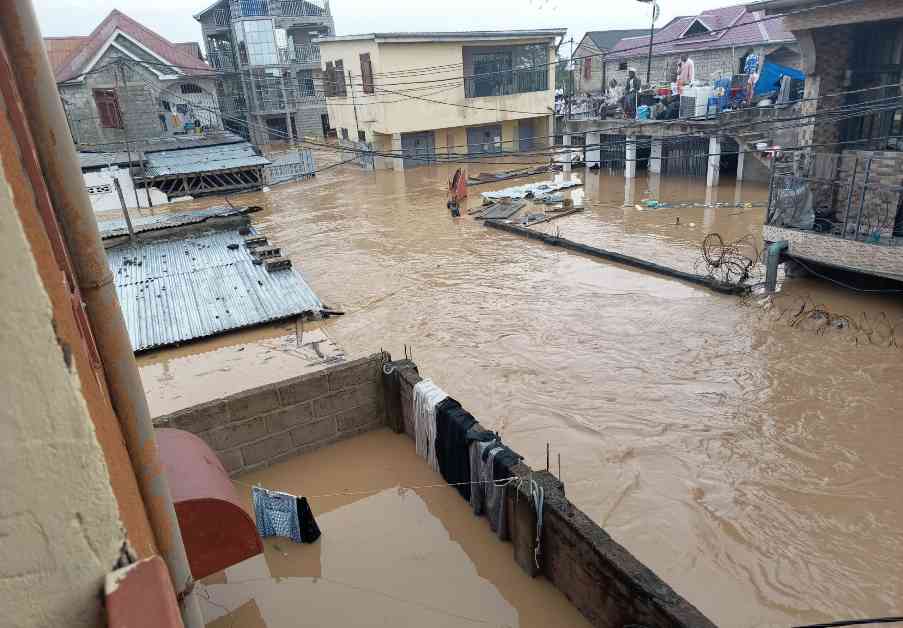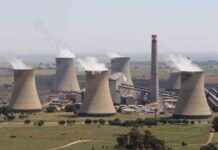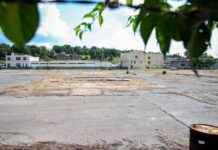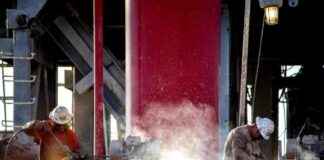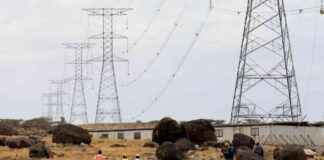Heavy rainfall in Kinshasa, the capital of the Democratic Republic of Congo (DRC), has caused devastating floods this month, resulting in at least 33 deaths, major road closures, and destroyed homes. The extreme weather events, which began on April 4, led to the N’djili River overflowing and flooding half of the city’s 26 districts. Thousands of residents have been displaced, key infrastructure has been submerged, and access to drinking water has been cut off.
Scientists working with the World Weather Attribution (WWA) group have determined that such intense rainfall is expected to occur every two years at current levels of global warming. Data from weather stations in Kinshasa show that seven-day spells of rainfall have become 9-19% more intense since 1960. The researchers warn that with continued fossil fuel warming, the rains could become even heavier. While the exact influence of climate change on the recent flooding episode is unclear due to limited data, it aligns with scientific studies on rainfall in the DRC and projections from the Intergovernmental Panel on Climate Change (IPCC) for Central Africa.
Impact of Climate Change on Vulnerable Communities
Kinshasa’s location near the Congo River and its dense population, mostly living in informal housing, make the city susceptible to deadly floods and landslides. The city’s population, expected to double in the next two decades, along with deforestation, construction in flood-prone areas, and inadequate drainage systems, exacerbate the risk of flooding. Shaban Mawanda, a policy and resilience advisor at the Red Cross Red Crescent Climate Centre, highlights the lack of preparedness in Kinshasa for extreme weather events, which are becoming more frequent.
The severe effects of the floods in Kinshasa are exacerbated by high levels of poverty and ongoing conflict in the eastern part of the DRC, making the population more vulnerable to extreme weather. Friederike Otto, a senior lecturer in climate science at Imperial College, emphasizes that climate change is making it harder for fragile states like the DRC to progress, as heavy rains destroy homes, crops, and economic gains. The researchers point out that the lack of weather data in Africa hinders preparedness and understanding of changing weather patterns, urging more investment in weather stations and climate science on the continent to prevent future disasters like the Kinshasa floods.

